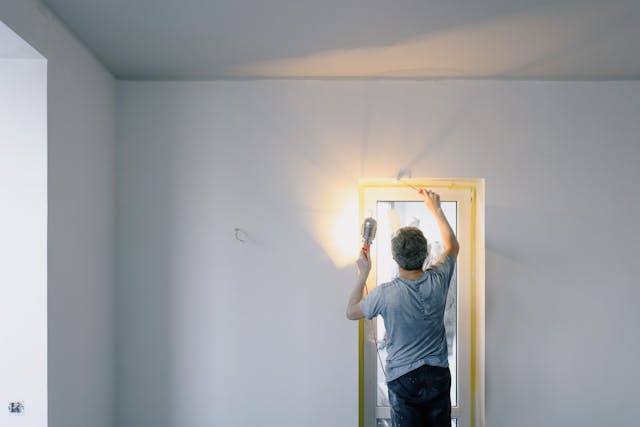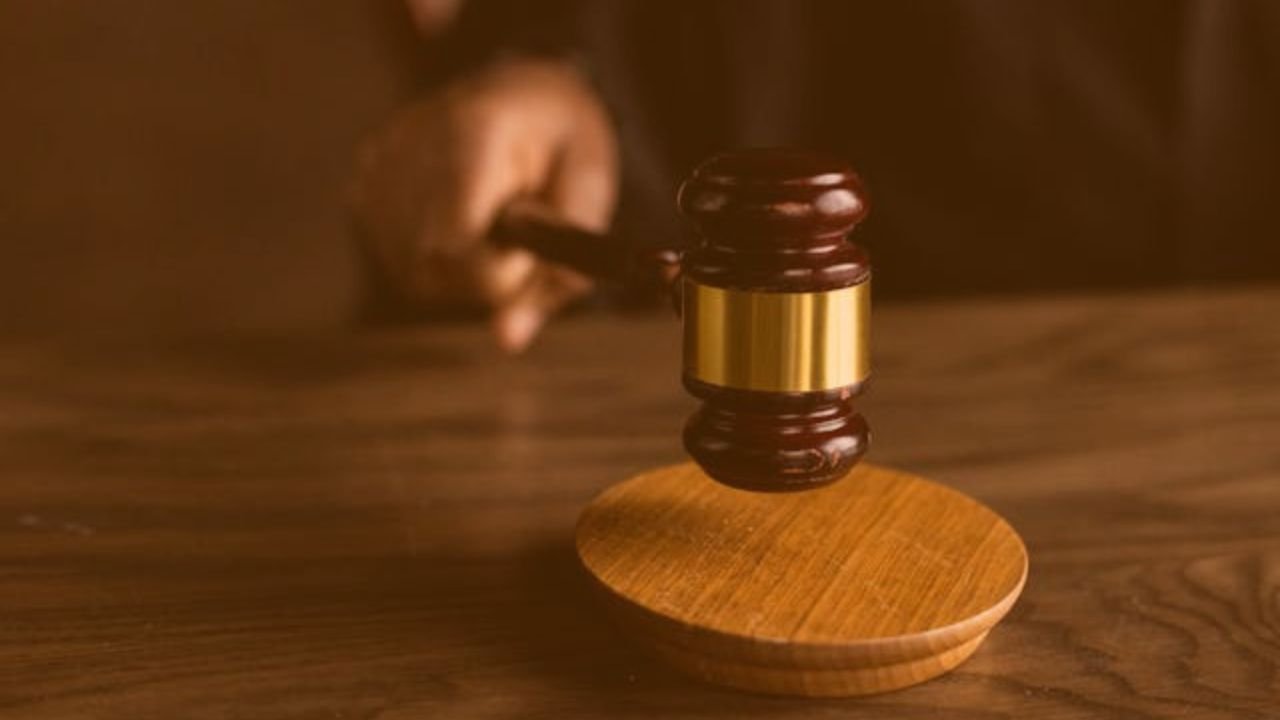As a landlord renting out a home in Colorado, safeguarding yourself against potential risks during a tenancy is essential. Familiarizing yourself with Landlord-Tenant Laws is key to effectively managing these challenges.
Tenants might occasionally fail to pay rent, leave the rental before their lease or rental agreement concludes, or cause damage due to negligence. Without a financial safety net, your profits could be significantly impacted.
Fortunately, Colorado law permits owners to collect a security deposit from tenants, which serves as a vital protection for your finances. This security deposit can help cover damages or unexpected costs related to your property, although it may offer limited protection in certain scenarios.
In this article, we will explore the laws and regulations governing security deposits in Colorado.
Security Deposit Limit
In Colorado, a landlord can charge a maximum of 2 month’s rent for a security deposit. If monthly rent is $1,000, for example, the maximum security deposit they could charge would be $2,000. This should be enough to cover the landlord and the property against any potential financial damage during the tenancy.

Are There Non-refundable Deposits?
In Colorado, all security deposits are considered refundable. Colorado stipulates that such security deposits be refundable at the end of the lease term, less any allowable deductions.
A pet deposit is also considered refundable at the end of the lease term. The maximum cost for a pet deposit is $300. A landlord can also choose to enforce a pet rent, which is capped at $35/ month, or 1.5% of the monthly rent, whichever is greater. It’s important to note that this kind of deposit must only be used to cover pet damage.
Below are examples of non-refundable deposits a landlord can charge their Colorado tenants:
- Rental application fees: A landlord can require a tenant to pay for the costs of background and credit checks.
- Pet Security Deposits: Some areas allow landlords to charge tenants a fee to protect the property from damages caused by pets.
- Administrative fees: These can cover the costs of processing paperwork and lease agreements.
- Move-in fees. The landlord can also charge the tenant for the cost of preparing the unit before they move in.
To charge such fees under Colorado rental laws, however, a landlord must clearly outline them in the lease agreement. What’s more, they must be reasonable, in accordance with the Fair Housing Act, and not used to circumvent the security deposit requirement.
Storing a Tenant’s Deposit
Some states require landlords to store security deposits in a particular manner.

In Colorado, landlords must store the security deposit in a separate bank account, and not mixed with the landlord’s funds.
Withholding a Tenant’s Security Deposit
Under Colorado landlord-tenant laws, landlords can withhold part or all of a tenant’s security deposit. When making deductions from the renter’s deposit, they must only be for the following reasons after a tenant has moved out:
- Unpaid rent or utility bills.
- Lost rent payments after the tenant has abandoned the unit.
- Unpaid repair bills.
- Cost of cleaning the unit.
- Damage exceeding normal wear and tear.
But, more often than not, the most controversial deduction usually involves rental property damage. A tenant may think they have returned the unit in great condition, but the landlord may hold a contrary opinion. That’s why landlords need to understand what exactly constitutes damage versus expected wear and tear to avoid potential conflicts with renters.
Normal Wear & Tear
Examples of wear and tear under Colorado security deposit law include:
- Minor scuffs or faded paint on walls.
- Faded carpet or minor scratches on the floor.
- Minor wear or faded upholstery on furnishings.
- Faded window coverings or minor cracks.
Damage
Property damage that warrants deductions from your tenants’ security deposit include:
- Deep gouges or peeling paint on walls.
- Deep scratches or holes in the flooring.
- Broken pipes or major plumbing leaks.
- Ripped upholstery or broken furniture.
- Broken or missing windows.
- Pest infestations.

As a landlord, you’re liable for repairs associated with normal wear and tear. Whereas, the tenant is responsible for repairs resulting from damage. If the tenant fails to make the repairs before they move out, you can withhold part or all of their security deposit to cover them.
It should be noted that in addition to considering the kind of property damage sustained during the tenancy, landlords must also consider Fair Housing Laws when making deductions from the deposit.
Returning a Tenant’s Security Deposit
In Colorado, landlords have exactly one month after a tenant has moved out to return part or all of their deposit. A landlord could also have up to 60 days to return it if the same is specified on the lease agreement.
If withholding any portion of the security deposit, the landlord must prepare an itemized written statement. They must then send the proper notice to the tenant’s last forwarding address alongside the remaining portion. Failure to do this can result in the landlord losing out on making any deductions.
Bottom Line
Now you know what you can and can’t do when it comes to charging tenants a security deposit in Colorado.
Keep in mind that violations can lead to both financial and legal consequences. For example, improperly withholding a tenant’s money may make you liable for up to three times the wrongfully withheld security deposit, in addition to Colorado small claims court costs and reasonable attorney fees.
For expert assistance with any property management issue, turn to Kokopelli Real Estate. As a trusted and professional property management company based in Grand Junction, CO. Contact us today to learn how our property managers can help!
Disclaimer: Please note that the information provided in this blog is intended for general guidance and should not be considered as a replacement for professional legal advice. It is important to be aware that laws pertaining to property management may change, rendering this information outdated by the time you read it.

